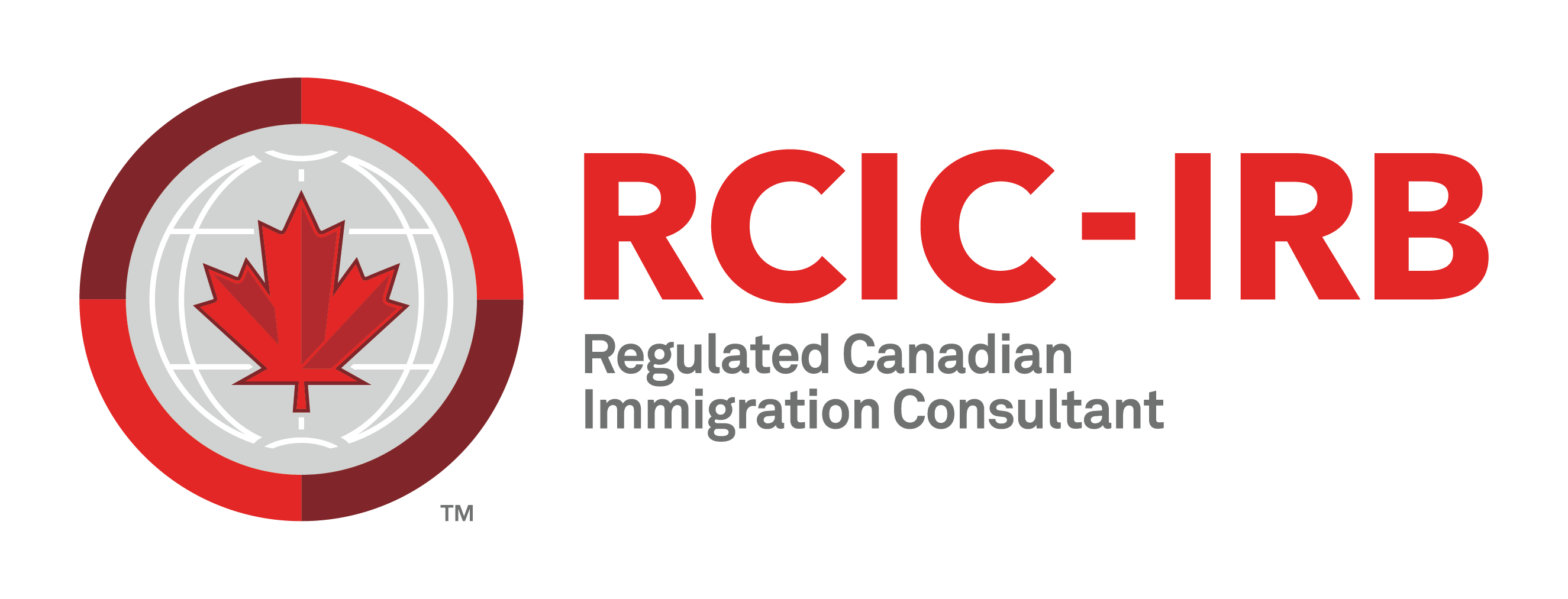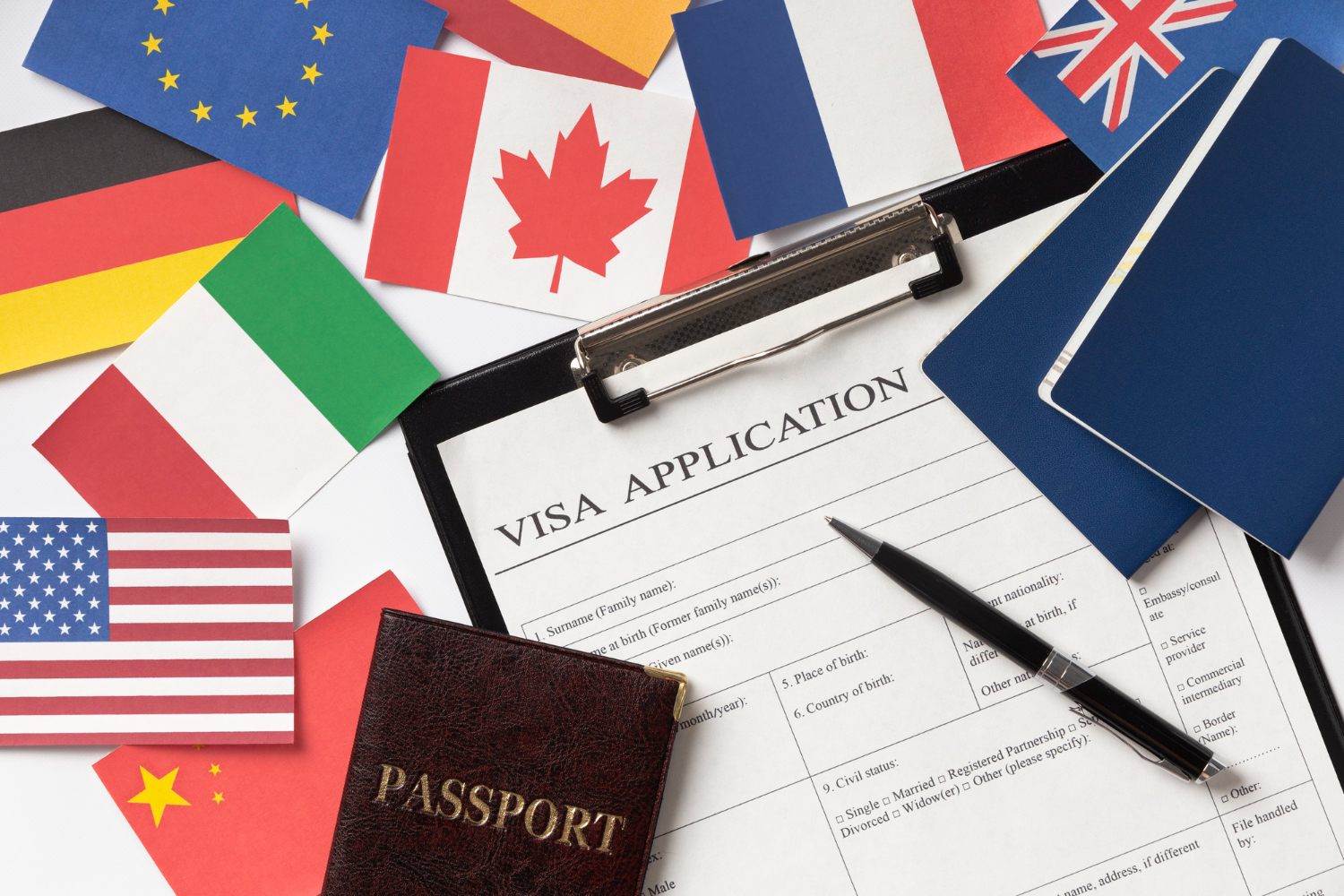For many international students, the study permit must be prolonged if they want to stay longer in the country to finish their education or take additional courses. In whichever country they select to study, be it Canada, Australia, Ireland, or anywhere else, extension of study permit is a critical application that needs much attention as a minor error could certainly lead to delays and sometimes outright rejection; at the extreme, it can also lead to legal implications.
Applying Too Late
One of the most common mistakes students make is applying late for an extension of their study permit. The basics of permit renewal in any country reflect a similar principle: your application must be lodged before your current permit’s expiry date, preferably at least thirty days before. However, as the issuing authority will take its processing time, it would be wise for the student to file an application between 60 and 90 days before the expiry date.
Tip: Mark Important Deadlines on Your Calendar and Initiate Document Collection.
Incomplete or Incorrect Application Forms
An incorrect application or one with blank sections may be rejected automatically, or it could be called for more information, thus delaying the process. A typo or even two in the name, passport number, or dates can be the end of the issue.
Tip: Always review all forms. If unsure of anything, speak to a visa advisor or an education consultant.
Missing Supporting Documents
Each extension of study permit application requires specific documentation. This may include:
- A valid passport
- Letter of enrollment or proof of continued studies
- Academic transcripts
- Proof of financial support
Failure to submit even one of these can result in a rejected application.
Tip: Use an official checklist provided by the immigration department or educational institution.
Lack of Financial Proof
Governments need to be assured that you can support yourself during your extended stay. Submitting outdated or insufficient financial documents is a common reason for permit denial.
Tip: Provide recent bank statements, scholarship letters, or affidavits of support. Make sure all documents are clear, translated (if required), and up to date.
Ignoring Health Insurance Requirements
Some countries mandate valid health insurance as a condition for your extension of study permit. If your insurance has lapsed or you forget to provide proof, it could delay your application.
Tip: Renew your health insurance in advance and attach proof to your application.
Not Updating Study Plan
If your program has changed or you’re extending for a different course, you must explain why. A weak or vague statement of purpose (SOP) is another common issue.
Tip: Write a clear, concise SOP explaining why the extension is needed, how it fits into your academic goals, and how you plan to support yourself.
Overstaying Your Permit
If your study permit expires and you haven’t applied for an extension, you are to be considered out of status with the Canadian government, and removal orders might even be issued along with bans from re-entering the country.
Tip: If you miss the deadline, immediately apply for restoration of status. Consult an immigration expert.
Not Keeping a Copy of the Application
Many students submit their applications and forget to save a copy for reference. If issues arise or the government asks for clarification, having a copy is essential.
Tip: Save a digital and printed copy of everything you submit.
Not Using Authorized Channels
Using unauthorized consultants or websites can result in fraud or incorrect applications. Always apply through official government portals or certified consultants.
Tip: Check if your consultant is registered with the appropriate immigration regulatory body.
Assuming Approval Is Guaranteed
Just because your initial study permit was approved doesn’t mean your extension will be too. Each application is assessed independently.
Tip: Treat your extension of study permit with the same attention and seriousness as your first application.
Summary of Important Points
- Apply for your extension of study permit at least 60 days before expiry.
- Double-check all forms and attach the required documents.
- Include a strong SOP if your course changes or extends.
- Always provide updated financial and insurance documents.
- Keep proof of submission and only use authorized channels.
Frequently Asked Questions
When should I apply for an extension of my study permit?
You should apply at least 30 days before the current permit expires, but ideally 60–90 days in advance to allow for processing time.
Can I remain in the country if my permit expires during the period of extension processing?
Yes, in general, you can stay under implied status provided your application was made before your permit expired. Always check with local immigration for their rules.
What happens if I forget to apply before the expiry of my permit?
You may find that you have lost your status and will be required to apply for restoration of your status, along with another set of fees and documents. Restoration is not a guarantee.
What documents are required for the extension of a study permit?
Typically, you’ll need:
- A valid passport
- Proof of enrollment
- Recent transcripts
- Proof of financial support
- Valid health insurance (if applicable)
Conclusion
You can be assured of a smooth and successful extension of study permit by avoiding the above-mentioned mistakes and starting your application early enough. Staying active and informed is the key to a continuous academic career abroad without interruptions.




